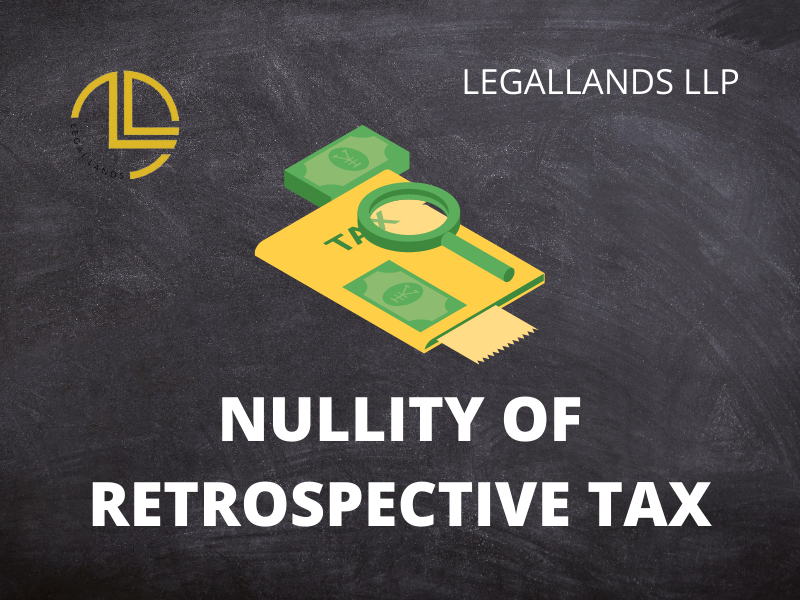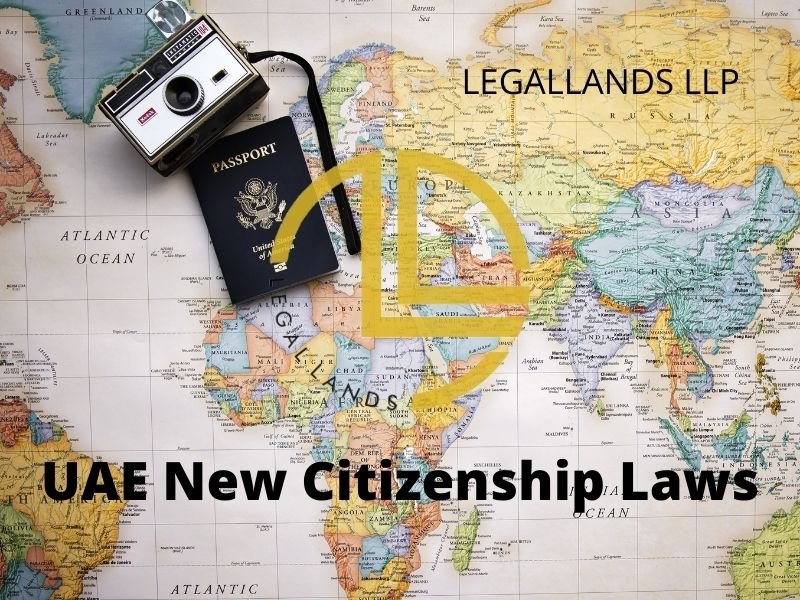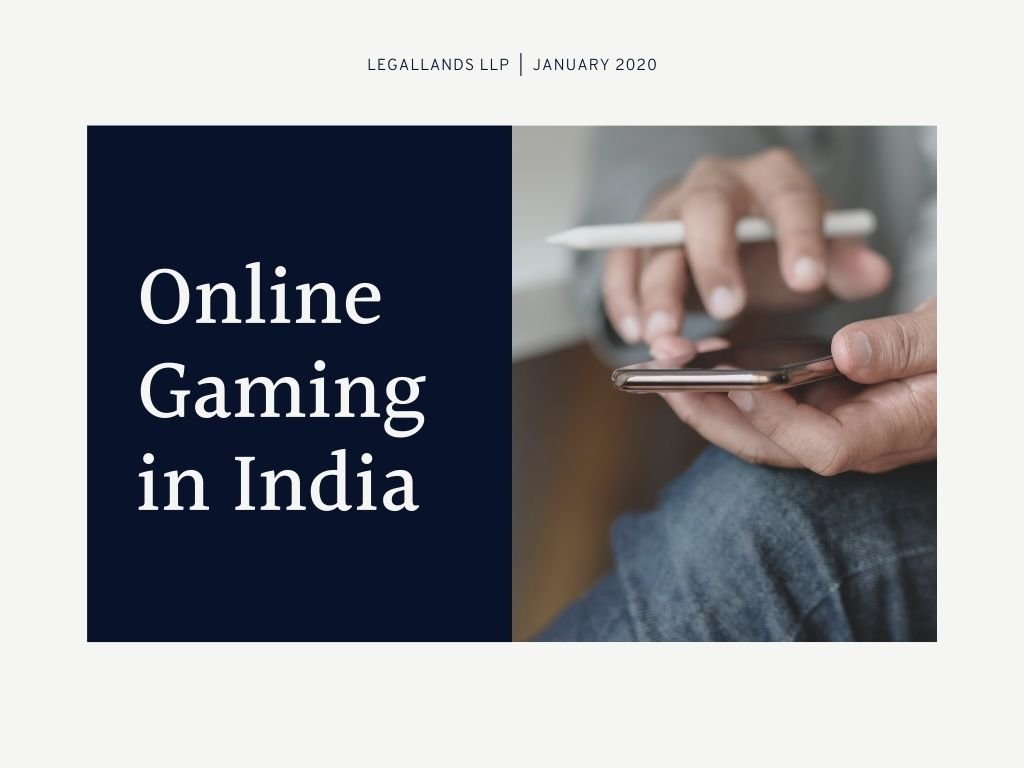I. Introduction to Types of NDAs
A Non-Disclosure Agreement or NDA is a legal contract, mainly intended for the protection of information regarded as secret, which a person intends to share, or might have already shared with another individual or group of individuals. Such an agreement prevents the latter – the recipient – from sharing such information with another person. NDAs are kinds of tools used in most types of business deals, such as the intellectual properties and employment contracts. They play an exceptionally important role in ensuring the confidentiality of any sort of information from unauthorized disclosure or exploitation. In India, one mainly encounters NDAs with regards to protecting trade secrets, proprietary information, and other confidential data. The three categories of NDAs prevalent in India and a few other countries, their usage, and a few important legal implications are summarized as follows:
1. Unilateral Non-Disclosure Agreement
A unilateral NDA also means a one-way NDA. That is, both parties contract, but one party shares confidential information with the other. The other party is obligated to respect that confidence. It describes an NDA where only one party discloses confidential information. The recipient will be liable to maintain such information as confidential and not make any use thereof other than as contained in the NDA. One of such agreements is widely used in employer-employee relationships or business divulging confidential information to prospective partners. It is also widely used in business proposals, partnerships, and proprietary technology with partners or investors. The enforceability of one of such agreements was underlined in Tata Motors v. State of West Bengal [(2012) 5 SCC 223], where the court upheld confidentiality clauses in commercial agreements and interpreted the term ‘commercial confidence’. Food Lion, Inc. v. Capital Cities/ABC, Inc. (1999), a US case, described the breach of NDAs through improper disclosure in employment situations (here a sting operation by conducted by persons who joined the entity as employees and breached the duty of confidentiality; the court then analysed whether the same can be allowed despite the NDA being in place).
2. Bilateral (Mutual) Non-Disclosure Agreement
Bilateral NDAs or mutual NDAs are used when both parties expect to disclose or share confidential information between them. Each party is obligated to safeguard sensitive information belonging to the other. These are commonly used in joint ventures or collaborations where sensitive information flows both ways. In Shreya Singhal v. Union of India [(2015) 5 SCC 1], while dealing with privacy matters, the Supreme Court recognised the importance of mutual confidentiality in digital communications between the service provider, the customers and other stakeholders that underlines the importance of bilateral agreements in context of electronic media where the confidentiality provision (section 69A) was assailed stating that it affects the fundamental rights of the petitioners.
3. Multilateral Non-Disclosure Agreement
A multilateral NDA involves three or more parties. Therefore, all parties are covered by just one agreement, which makes the process easier and ensures that both parties respect the confidentiality based on the same terms. Multi-party NDAs are therefore more common in consortia or multi-party projects, where at least one party is going to disclose sensitive information to the others. Case law in respect of multi-party confidentiality agreements is sparse but may multiply as India continues to witness growth in the establishment of industries in the form of consortia, mainly in infra- and technology-related sectors. An example of such US-based case law is Stenograph L.L.C. v. Bossard Associates, Inc. (1996), wherein multiple parties were part of the agreement and litigation arose from violation.
II. Some Specific Examples of NDAs:
In India, most widely used and popular types of NDAs are by the entities across the board to ensure their confidential information’s privacy while entering into contracts and various kinds of schemes, including:
1. Employment Non-Disclosure Agreement
Employment NDAs bar employees from revealing confidential information to the world, whether it is during or even after employment. It can also be treated as a sub-class of unilateral NDA itself. Such agreements are for keeping trade secrets, IP and business strategies safe. Courts have also upheld such agreements if they are reasonable both in scope and duration. American Express Bank Ltd. v. Priya Puri [(2006) 111 DRJ 385] is one such case where the post-employment NDA was upheld for the protection of proprietary information.
2. Mergers and Acquisitions Non-disclosure Agreement
Mergers and acquisitions nondisclosure agreements allow potential buyers access to the financial and business information of a company that is otherwise kept confidential. They allow a seller or potential buyer or partner to be given all the information required to help him decide his interest in the company’s financial and business dealings even while assured that the details shall not be leaked when the deal goes sour.
3. Advisor/Consultant Non-disclosure Agreement
NDAs are equally important where outside consultants or advisors are used. These ensure that any proprietary information obtained for the consultancy is protected. There isn’t really much law as of the date of drafting this writing; however, some case studies can be cited where the issues arising surrounding non-disclosure agreements for consultants have been decided based on Indian contract law principles of enforceability.
III. Legal and Enforceability Considerations
To be effective in India, NDAs must be aligned with the Indian Contract Act, 1872. These would include a definition of confidential information, specific obligations on the part of the receiving party, and what is excluded, along with remedies in case of breach. Indian courts can also work off common sense where reasonable NDAs are in play; if it is too broad or too restrictive, it will not stand up. Indeed, Niranjan Shankar Golikari v. Century Spinning and Manufacturing Co. Ltd. [(1967) 2 SCR 378] is a perfect example where the court analysed the extent to which restrictions can be imposed, and it was finally held that they cannot go beyond reasonable limits. Such agreements further require clarity as to what is confidential, what can be disclosed, what cannot be disclosed etc. In the absence of such clarity and important details, they will not achieve their purpose.
LEGALLANDS can offer legal services related contract conveyancing and corporate services, business set up and management services, foreign trade policies, immigration services, regulatory compliances, legal compliances, legal advisory, dispute resolution, trade regulations, and many more. We also assist in, due diligence, compliance audit, risk assessment etc. Feel free to connect with us at connect@legallands.com. For further information visit our website on www.legallands.com.




